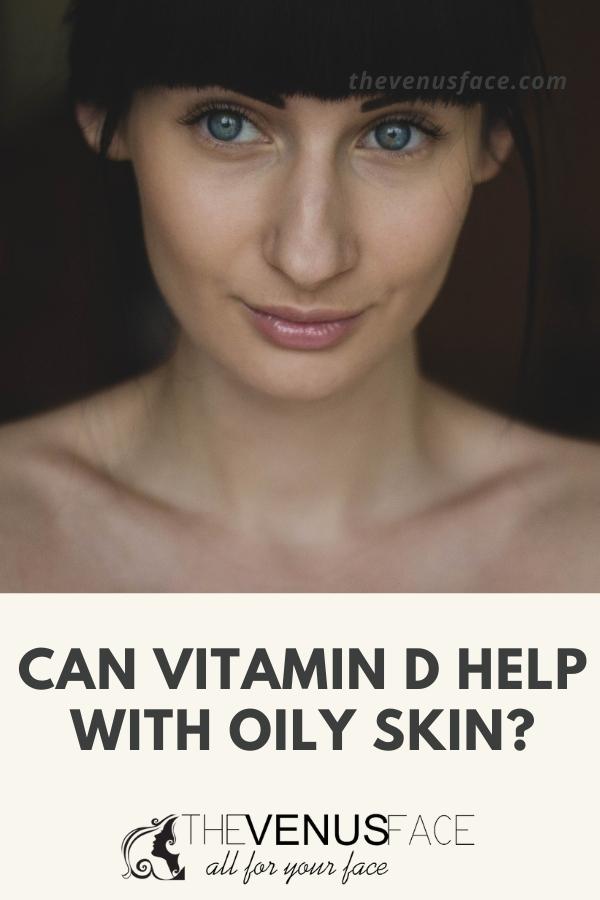Can vitamin D help with oily skin? Learn more in this post.
Oily skin is a common problem for many people. The oil and natural sebum production by the skin can lead to clogged pores, which in turn can lead to blackheads and acne. Some may also experience an allergic reaction from the products they are using on their face. A lot of people have it naturally, but there are some who have developed it due to hormonal changes or certain medications. Oily skin can be caused by many factors such as stress, puberty, dieting, or even genetics!
Because of the uncomfortable physical appearance, oily skin can affect a person’s daily life. The hard part is not being able to live without it. People usually use various methods to help them in these times. Some may choose to use cleaning products or astringents, while others might put on makeup. And there are people who turn to vitamins and other skin supplements.
It’s well known that vitamin E does help oily skin, then how about vitamin D? Can vitamin D help with oily skin?

Does vitamin D help oily skin?
It does indirectly. As we all know, acne is caused by an excess amount of sebum production which leads to clogged pores. Acne is usually a result of oily skin, if you have oily skin, then you might be prone to acne. And vitamin D, which contains anti-inflammatory properties and antimicrobial properties, does a great job in helping with acne. Thus it’s safe to say vitamin D helps treat the symptom of oily skin.
More: Is Vitamin C Good for Oily Skin and How to Use It Properly?
Can vitamin D deficiency cause oily skin?
No, so far there has not been any evidence/study/research showing that vitamin D deficiency can lead to oily skin. However, studies do show that low levels of vitamin D can lead to many other health problems.
Vitamin D benefits for skin
While vitamin D does not directly help oily skin, lacking it can lead to many other skin problems. Skin diseases may include psoriasis, eczema, and atopic dermatitis. It is also known that vitamin D plays a major role in regulating cell growth and differentiation, which means it helps prevent skin cancer.
How to use vitamin D for skin
This vitamin can be used orally or topically. If you plan on taking vitamin D orally, make sure to consult with your doctor first. Some medications may not react well together with vitamin D. For topical application, some countries sell this type of treatment in the form of creams.
Most of the time, using this vitamin is unnecessary, except for people who have a vitamin D deficiency. Thus, always consult with a dermatologist or doctor before using this vitamin.
Final thought
Overall, it seems that vitamin D is beneficial for the skin in a variety of ways, even if it doesn’t directly help with oily skin. It can help prevent many skin diseases and also helps protect against cancer. While there may be some cases where using this vitamin is necessary, usually, it’s not needed unless someone is deficient in it. So before starting any kind of treatment regimen involving vitamin D, always consult with a doctor to make sure everything will be safe and effective.
F.A.Q
Does vitamin D help clear skin?
As said above, the anti-bacterial and anti-inflammatory properties of this vitamin can greatly help in treating acne and killing bacteria, thus it does have a positive effect on the skin. Thus, when used with other topical treatments for acne, it can increase the chances of clearing skin.
Can vitamin D reduce sebum?
There have not been any official studies showing vitamin D help reduce sebum production. However, there is 1 report showing that using this vitamin does help reduce sebum production; however, we need more evidence before we can come to a solid conclusion.
References:


